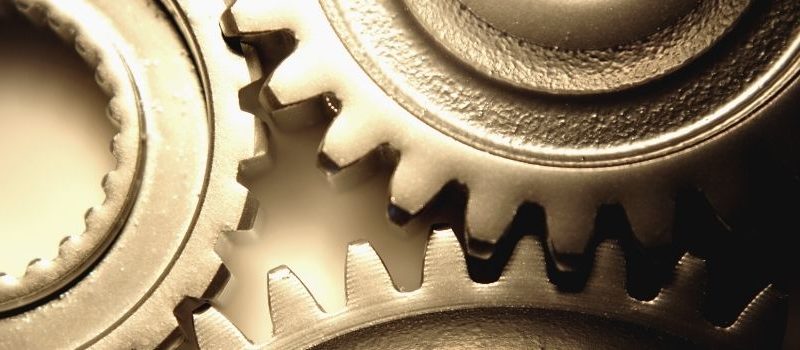By a four to three majority decision the High Court of Australia, which is the highest court in our country, has found that the Doctrine of Exhaustion applies to patented products in Australia which replaces the previous Implied Licence Doctrine. What this means is that the rights of patentees in respect of products are exhausted immediately upon the first sale.
Australia’s law on this issue is now largely aligned with the US position and now diverges from the position in the United Kingdom.
The decision of Calidad Pty Ltd v Seiko Epson Corporation [2020] HCA 41 is particularly significant for original equipment manufacturers and other patentees facing competition from third parties for post sales services such as servicing, repairs, or replacement parts.
What the decision means is that patentees and purchasers should review their contractual documentation and make sure what happens to their goods after sale including any restrictions on the use and dissemination of confidential information is tightened.
The patentee should also consider filing patent applications covering any components of machinery which are likely to wear and need replacement during the life of the overall product because without specific patent protection over those component parts machinery owners now have broader rights to replace those components from manufacturers who aren’t the original equipment manufacturers.
In other words the ability for your competitor manufacturers to sell components to the customers buying your machines has increased after this decision.
In this case Seiko manufactures and sells computer printers and printer ink cartridges including the Epson brand of single use ink cartridges that embody the inventions claimed in two Seiko patents.
Calidad imported and sold modified cartridges refilled with ink which could be reused and these modified cartridges were made by a third party from Malaysia (Ninestar). Ninestar sourced the spent Epson cartridges from recyclers and consumers and modified them to enable reuse including by reprogramming the electronic chips contained in the cartridges. They would then refill the cartridges with ink which involves drilling a small hole in the cartridge and then re-sealing it.
Obviously Seiko wanted to prevent this however the used Epson cartridges were lawfully acquired by Ninestar and neither Calidad nor Ninestar were subject to any contractual prohibitions on this activity under the arrangements with Seiko.
In the first instance, in the Federal Court of Australia, Justice Stephen Burley found in favour of Seiko. His Honour properly followed the binding Privy Council authority in National Phonograph Co of Australia Ltd v Menck (1911) 12 CLR 15. This authority which has been around since 1911 provides that the purchaser of patented goods obtains an implied licence to exploit the relevant patent to the extent necessary to use the goods.
Burley J held that the activity of modifying some of the Epson cartridges terminated the implied licence such that their import into Australia and sale by Calidad could not rely on that implied licence and accordingly infringed Seiko’s patents. The matter went on appeal to the Full Court of the Federal Court where Justices Greenwood, Jagot and Yates also found in favour of Seiko, adopting different reasoning.
Calidad appealed to the High Court arguing that the Implied Licence Doctrine should not be the law in Australia and that the Menck High Court decision and the Doctrine of Exhaustion should operate.
In a tight 4: 3 majority decision Kiefel CJ, Bell and Keanne JJ (with Gagelar J agreeing) held that the Doctrine of Exhaustion applies in Australia and replaces the former Implied Licence Doctrine which provides the patentees rights with respect to a product are exhausted once the product is sold without any conditions as to use.
The purchaser of the product takes it free to use and enjoy in accordance with all of the usual rights of ownership subject to any conditions imposed by contract. Repair or modification of equipment manufactured and sold will now be permitted under the new exhaustion approach.
Making some new automove equipment using some aspect of the former equipment as a component part will more than likely remain an act of patent infringement that is not permitted. This means it is critical to consider contractual mechanisms keeping in mind the High Court of Australia adopts the narrower construction of what amounts to “making” in considering this question.
For further advice on this topic please contact our Intellectual Property team.
This article was written by Ben Gouldson, Director. For further information please contact Ben Gouldson, Director.


 Off the plan sales – When patience pays off
Off the plan sales – When patience pays off